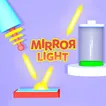



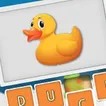


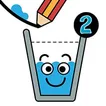


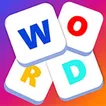




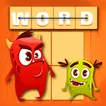




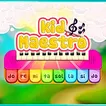



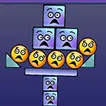

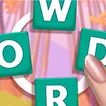



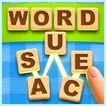



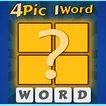







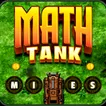







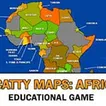


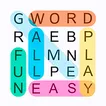
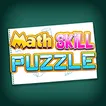
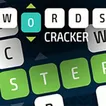

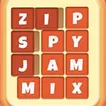
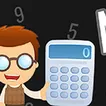



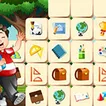





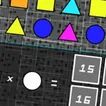
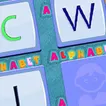
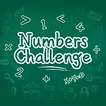
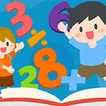
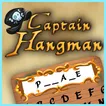


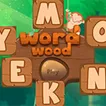
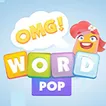
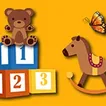
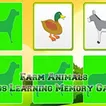




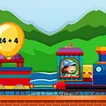
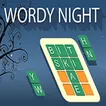
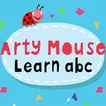
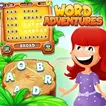


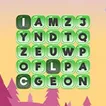

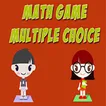



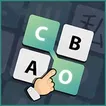










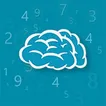


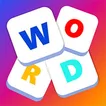





























Educational Games: Revolutionizing Learning Through Interactive Play
Educational games have emerged as a transformative force in the realm of learning, reshaping the way knowledge is acquired and retained. By infusing play into education, these interactive tools have turned learning into an engaging and enjoyable experience, a stark contrast to the traditional methods that many students find monotonous. These games cover a broad spectrum of skills, from basic literacy and numeracy to complex problem-solving and critical thinking, catering to a diverse range of learning styles and preferences.
What sets educational games apart is their adaptability. They can be tailored to suit various educational levels, from preschoolers learning the alphabet to university students grappling with advanced concepts. This flexibility ensures that learners of all ages can find content that is both appropriate and challenging, enabling them to progress at their own pace.
The interactive nature of educational games also fosters a hands-on approach to learning. Students are not passive recipients of information; instead, they become active participants, making decisions, experimenting with different strategies, and seeing the immediate impact of their actions. This real-time engagement not only reinforces learning outcomes but also makes the process more memorable.
Moreover, the integration of rewards and achievements within these games taps into the innate human desire for recognition and accomplishment. As students overcome challenges and reach new levels, their sense of achievement grows, further motivating them to continue learning.
In essence, educational games have revolutionized the learning process by creating a dynamic environment where fun and education go hand in hand. As technology continues to advance, the potential for these interactive tools to enhance and personalize learning experiences is boundless, promising a future where education is not just a necessity but a delightful adventure.
ABCya Gaming: Leading the Charge in Free Online Educational Games
In the vanguard of free online educational games stands a platform that has become synonymous with accessible learning: ABCya. This platform has carved out a significant niche in the educational landscape by offering an extensive array of games that span a multitude of subjects and concepts. Its impact is profound, democratizing access to quality educational tools for students regardless of their socioeconomic status.
ABCya’s library is rich with games that are not only educational but also captivating, ensuring that children remain absorbed in their learning journey. The games are designed to align with established educational standards, which means that they reinforce what is taught in the classroom while also making it more digestible and fun. This approach helps to bridge the gap between formal education and at-home learning, providing a seamless transition that supports continuous educational development.
The platform’s intuitive design allows children to navigate a safe online environment where they can explore subjects like math, science, art, and language arts. Each game is crafted to target specific skills, enabling children to hone their abilities in areas where they may need extra practice. The instant feedback provided by the games ensures that learners understand their mistakes and learn from them, promoting a growth mindset.
ABCya’s commitment to free access is particularly noteworthy. By removing the financial barrier, it empowers parents and educators to provide children with high-quality educational experiences without the burden of additional costs. This egalitarian approach to learning resources is a testament to the belief that every child deserves the opportunity to reach their full potential through engaging and interactive educational content.
Game for Education: Cognitive Benefits and Customized Learning
Educational games are more than just entertainment; they are a powerful tool for cognitive development. Engaging in these interactive experiences can significantly enhance memory retention, as the brain is often more receptive to information when it is presented in a playful context. Moreover, educational games encourage strategic thinking and problem-solving skills, as players navigate through challenges and puzzles that require thoughtful decision-making.
The adaptability of educational games extends to personalized learning as well. With the capacity to adjust difficulty levels and content, these games can create customized learning paths that cater to the individual needs of each student. This personalization is crucial in fostering a learning environment where all students can thrive, regardless of their starting point. Real-time feedback is another cornerstone of educational games, offering learners immediate insights into their performance and progress. This feedback loop not only helps to correct misunderstandings but also reinforces concepts and boosts confidence.
The cognitive benefits of educational games are supported by research, which suggests that the interactive and immersive nature of these tools can lead to deeper learning and greater academic achievement. By requiring active engagement, educational games ensure that learners are not merely memorizing facts but are understanding and applying knowledge in various contexts.
In summary, educational games represent a significant stride forward in the realm of customized learning. They provide a scaffolded environment where cognitive benefits are maximized, and learning is tailored to the individual, making education a more inclusive and effective experience for everyone.
Integrating Educational Games into the Classroom: A Future Perspective
The integration of educational games into classroom settings is a burgeoning trend with the potential to redefine traditional teaching methodologies. These games are increasingly being woven into curricula to complement and enhance the educational experience, offering a dynamic alternative to conventional learning activities. The gamification of education taps into students’ intrinsic motivations, leveraging the power of play to foster engagement, concentration, and a positive attitude towards learning.
As educators recognize the value of interactive play in reinforcing concepts and skills, educational games are becoming a staple in the learning process. They serve as a bridge between theoretical knowledge and practical application, allowing students to experiment with concepts in a virtual environment where failure is a stepping stone to mastery, not a setback. This risk-free exploration encourages learners to think critically and creatively, skills that are invaluable in the real world.
Looking ahead, technological advancements promise to further revolutionize educational gaming. Virtual reality (VR) and artificial intelligence (AI) stand at the forefront of this evolution, poised to offer immersive and adaptive learning experiences that were once the stuff of science fiction. VR can transport students to historical sites or simulate complex scientific phenomena, while AI can tailor game difficulty and content to the individual’s learning pace, providing a truly personalized educational journey.
The future of educational games in the classroom is bright, with the potential to not only support but also inspire a new generation of learners. As these tools become more sophisticated and integrated into educational frameworks, they hold the promise of making learning an even more engaging, effective, and universally accessible pursuit.